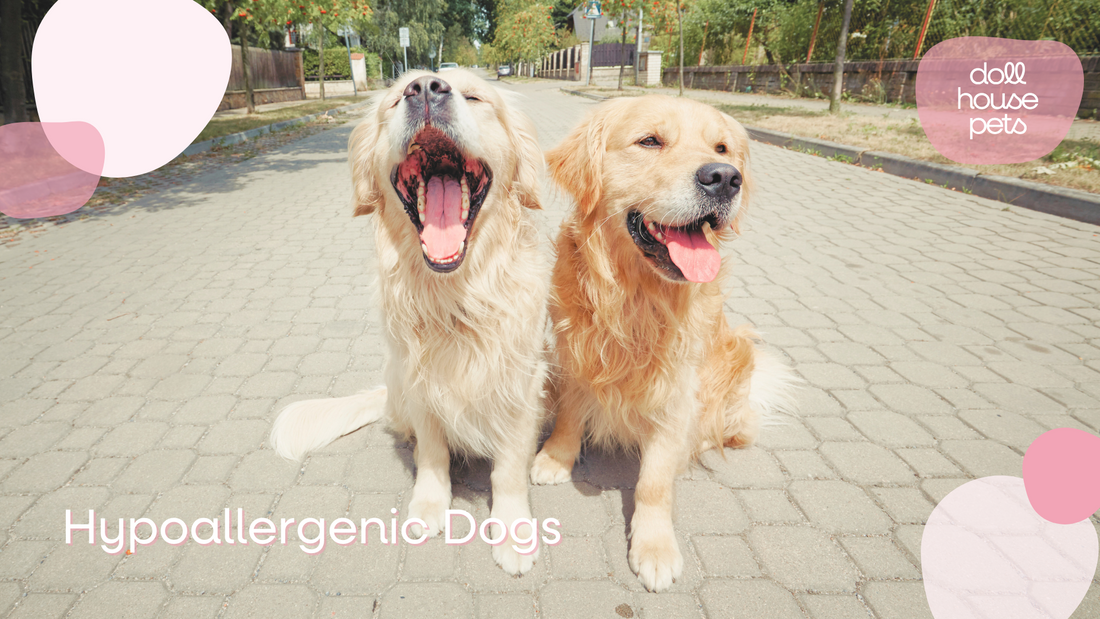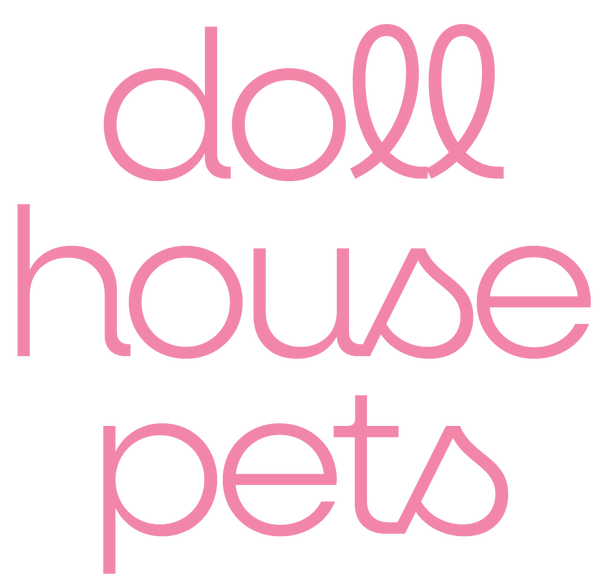
Hypoallergenic Dogs
While a hypoallergenic dog will not solve all of your allergy issues, you may notice that certain breeds of dogs will not cause you as many allergic symptoms as other breeds. The idea that pet allergies are caused by a pet’s fur is a misconstrued one; the source of pet allergies is actually a protein that is in the saliva and urine of dogs and cats. Said protein sticks to dander from your pet, and this is why most people have the misconception that the fur is the cause of their allergic reactions.
Even though there is no such thing as a 100% hypoallergenic dog, there are some breeds that are less likely to stimulate allergies in people. Such dogs are ones that do not shed fur, or they shed very little fur in comparison to other breeds of dogs:
Terrier

These dogs have short coats and are considered to be single-coated breeds, meaning that they do not have an undercoat. Undercoats are found on dogs with thick fur, and they help keep pets cool in hot weather and warm in cool weather. The undercoat often traps loose fur and dander, which can cause allergy attacks in both humans and other animals.
Originally used for hunting because they are small, fast, and enjoy stalking prey, terriers are now considered pets. They do not grow very large and do not spread allergens around the house because of their short coats. However, terriers need to be groomed every few months to prevent allergens from building up on their coat.
Greyhound

There are many varieties of greyhounds that you can adopt or purchase. While greyhounds are considered fast, they do not like to run long distances and enjoy sitting with their owners for long periods of time. Since greyhounds have short hair and no undercoat, they are a good choice for those with allergies.
Some greyhounds have allergies of their own, however. You will have to monitor the dog once you bring it home to see if it is allergic to anything. Great with children, this dog is a good pet for those who have allergies and have a family.
Poodle

These curly-haired dogs do not have an undercoat and do not shed. Perfect for those with allergies, the poodle is a gentle and friendly dog that enjoys the company of people. While some breeds of poodle may not be as friendly towards children (likely because they can get easily overwhelmed by small, loud children), most breeds are.
While the poodle is a good pet for those with allergies, it can develop health problems as itages. Arthritis, loss of eyesight, and other issues may occur. These are common with smaller purebred dogs.
Bichon Frise

Even though this breed of hypoallergenic dog has an undercoat, it is very springy and will not hold much dander and hair. These dogs are small and are usually very happy. They will need to be groomed in order to maintain their signature "marshmallow" look.
These dogs will also have health problems as they age.
Maltese

These little furry puffs are true companion dogs and are extremely affectionate and cuddly. They are known for their silky, snow-white coats, adorable baby seal eyes and cute button nose. Maltese hair grows straight with no undercoat and is non-shedding, low dander dogs. This makes them perfect for anyone with pet allergies.
Malteses are intelligent, energetic and affectionate, and they find joy in simply snuggling on the laps of their family members.
If you are considering to get a hypoallergenic dog, you should find a breed that you will enjoy spending time with. Smaller breeds are not for everyone. If you are looking for a dog that you can take on trips, long walks, just a larger breed in general, you may need to take allergy medication or allergy shots.
We want to highlight once again that while these dogs are hypoallergenic, this does not mean that they will not cause allergy symptoms at all. If you have very bad allergies, then all animals will cause you to have an allergy attack every once in a while. Depending on how bad your allergies are will determine the type of dog you should get!



